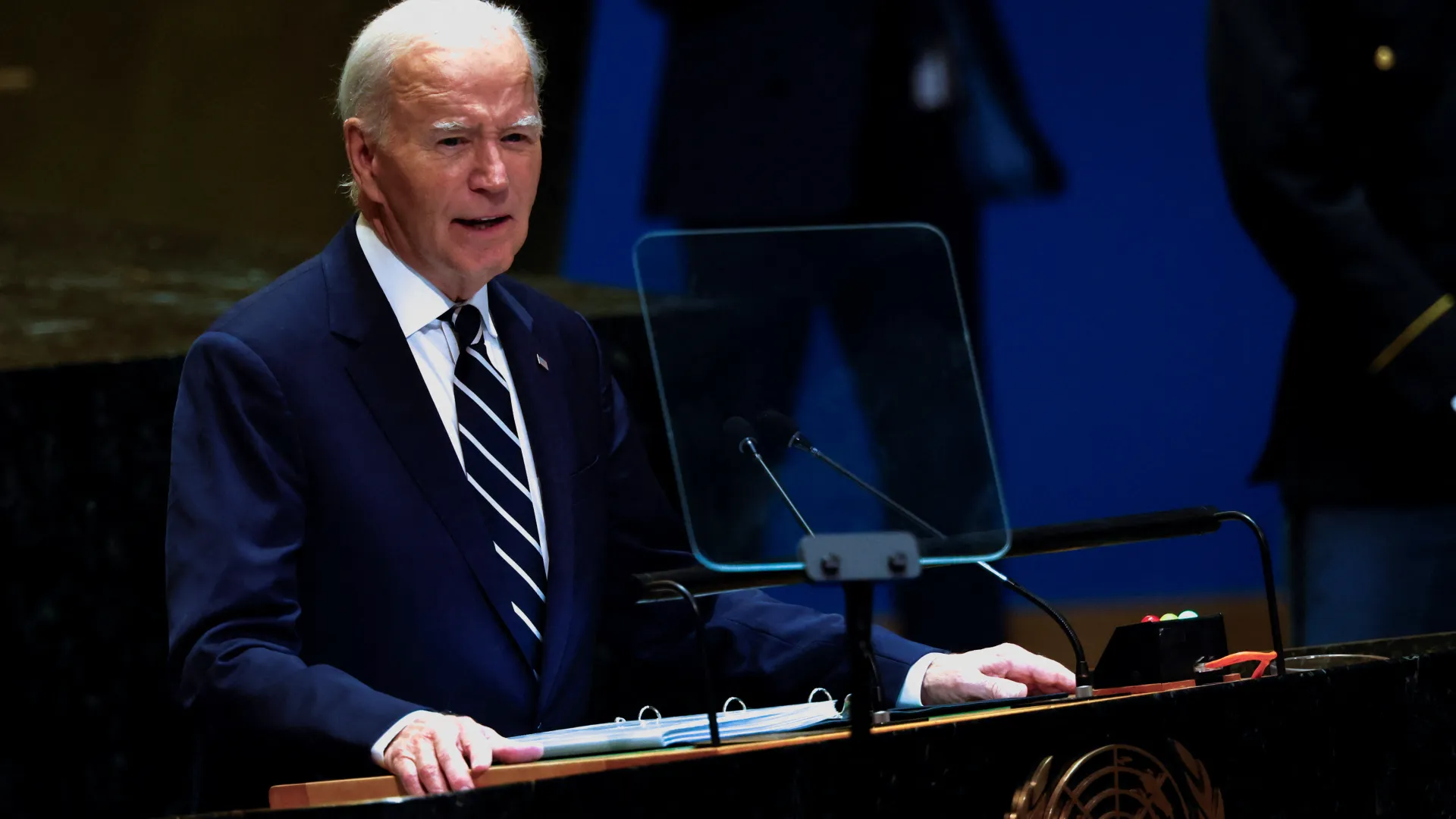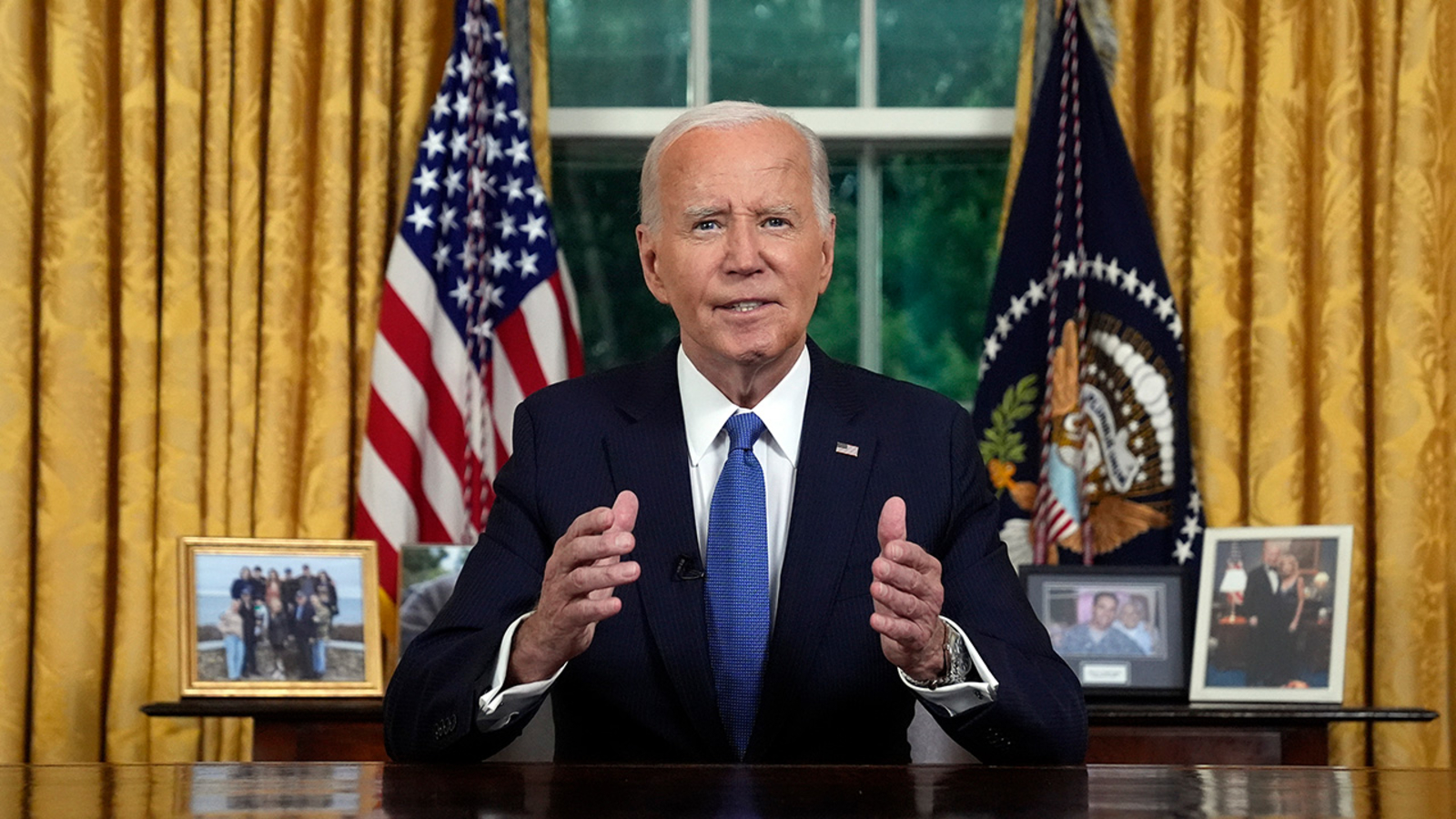US President Joe Biden has strongly urged Israel to halt its attacks on UN peacekeepers amid the ongoing conflict with Hezbollah in Lebanon. This call follows two incidents within a span of 48 hours that resulted in injuries to UN personnel.
The Israel Defense Forces (IDF) confirmed their responsibility for one of the incidents, which injured two Sri Lankan soldiers. The IDF stated they were responding to a perceived threat but promised a high-level investigation into the occurrences.
The actions of the IDF have drawn significant international criticism. Leaders from France, Italy, and Spain jointly condemned Israel’s military actions, labeling them as unjustifiable and demanding an immediate end to the hostilities. Sri Lanka’s foreign ministry echoed these sentiments, condemning the injury of its soldiers.
Jean-Pierre Lacroix, head of UN peacekeeping, noted that some gunfire aimed at UN positions seemed deliberate, although he refrained from attributing blame directly to Israel. These incidents underscore the increasing dangers faced by peacekeepers in the region.

Joe Biden
The ongoing conflict has seen a sharp rise in violence, with the IDF reporting around 100 rockets fired from Hezbollah into northern Israel in just a few hours. Civilians have been significantly affected, with reports indicating that Israeli air strikes in Sidon resulted in the deaths of three individuals, including a young girl.
Lebanese Prime Minister Najib Mikati condemned the attacks as unprovoked acts against civilians, emphasizing the gravity of the situation.
The conflict has led to severe humanitarian consequences, particularly following Israel’s ground invasion of southern Lebanon last month. This military escalation is part of a broader pattern of cross-border violence that began after Hamas’s attack on southern Israel last October.
Israel has requested the withdrawal of UN peacekeepers further north to conduct military operations against Hezbollah, a demand that the UN has resisted. Approximately 10,000 peacekeepers have been stationed in the region since 1978, serving as a buffer between Israel and Lebanon.
The situation is similarly dire in Gaza, where Israeli air strikes have resulted in numerous civilian casualties, including at least 30 deaths in Jabalia alone. Medical organizations like Doctors Without Borders have raised alarms about the conditions faced by civilians, highlighting the lack of medical supplies and safe evacuation routes.
As military operations continue, thousands remain trapped in the Jabalia refugee camp, with dire shortages of essential resources such as fuel and clean water. The escalating violence on both fronts underscores the urgent need for humanitarian aid and conflict resolution in the region.











































